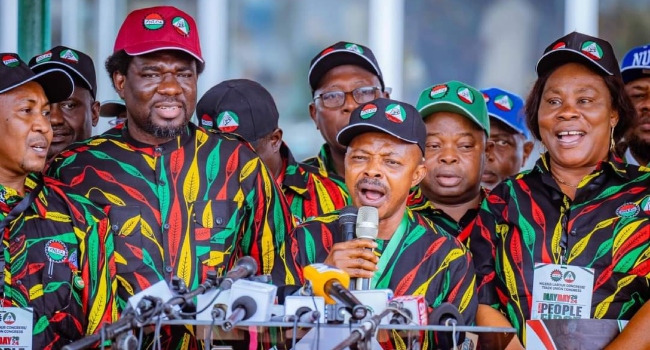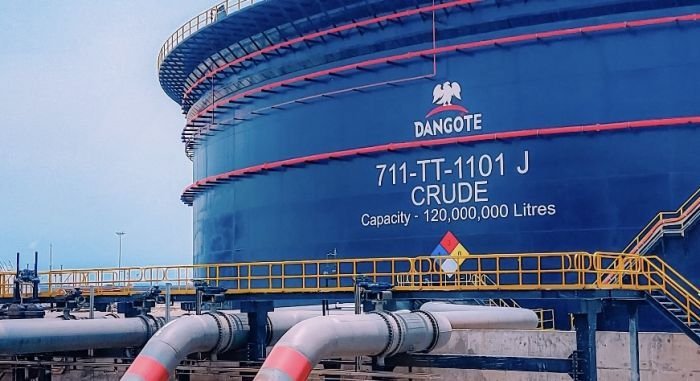In an apparent deference to Dangote Refinery, President Bola Tinubu has approved the implementation of a 15% ad-valorem import duty on petrol and diesel imported into Nigeria.
The policy shift is aimed at shielding local refineries and stabilising the downstream oil market.
The directive, dated October 21 and made public on Wednesday, instructs the Federal Inland Revenue Service (FIRS) and the Nigerian Midstream and Downstream Petroleum Regulatory Authority (NMDPRA) to begin immediate enforcement. It forms part of what the government described as a “market-responsive import tariff framework.”
The letter, signed by the president’s private secretary, Damilotun Aderemi, confirmed Tinubu’s approval of a proposal from FIRS chairman Zacch Adedeji.
The plan imposes a 15% duty on the cost, insurance, and freight (CIF) value of imported petrol and diesel to align with market realities and encourage local production.
Protecting Refiners, Balancing Prices
Adedeji, in his memo to the president, said the new policy supports the administration’s Renewed Hope Agenda for energy security and economic stability.
“The core objective is to operationalise crude transactions in local currency, strengthen refining capacity, and ensure stable, affordable fuel supply across Nigeria,” he wrote.
He warned that inconsistencies between local refinery prices and import parity benchmarks have distorted market stability.
“While domestic diesel sufficiency has been achieved, price volatility persists due to misalignment between local refiners and marketers,” Adedeji noted.
He explained that import parity prices often fall below cost-recovery levels for domestic refiners — particularly during forex and freight fluctuations — threatening the survival of emerging producers like Dangote Refinery and modular plants in Edo, Rivers, and Imo states.
Raising Landing Costs, Strengthening Local Market
Government projections suggest the 15% import duty will raise petrol’s landing cost by about ₦99.72 per litre.
However, even with the adjustment, estimated pump prices in Lagos are expected to remain around ₦964.72 per litre ($0.62) — still lower than regional averages such as Senegal ($1.76), Côte d’Ivoire ($1.52), and Ghana ($1.37).
The move aims to discourage duty-free imports from undermining local refineries, ensuring fair competition and cost recovery for domestic producers.
It also reinforces Tinubu’s plan to reduce Nigeria’s dependence on imported fuel, which still accounts for roughly 67% of national consumption.
Rate, Like 👍, Comment 💬, Share this article, Follow us on our social media handles, and Submit your own story to get featured and earn rewards!







